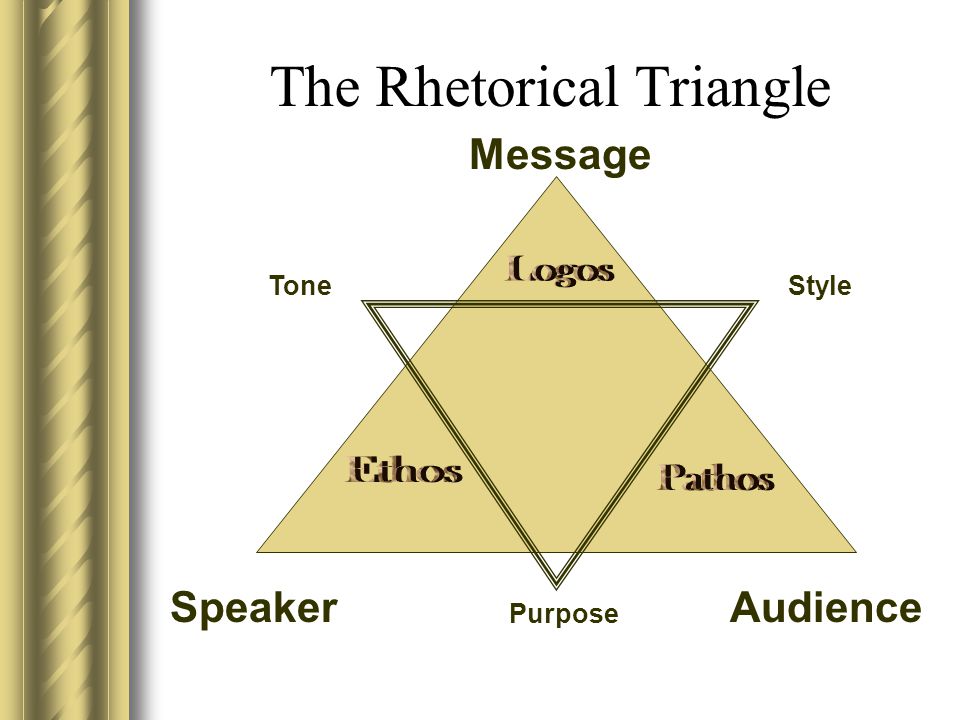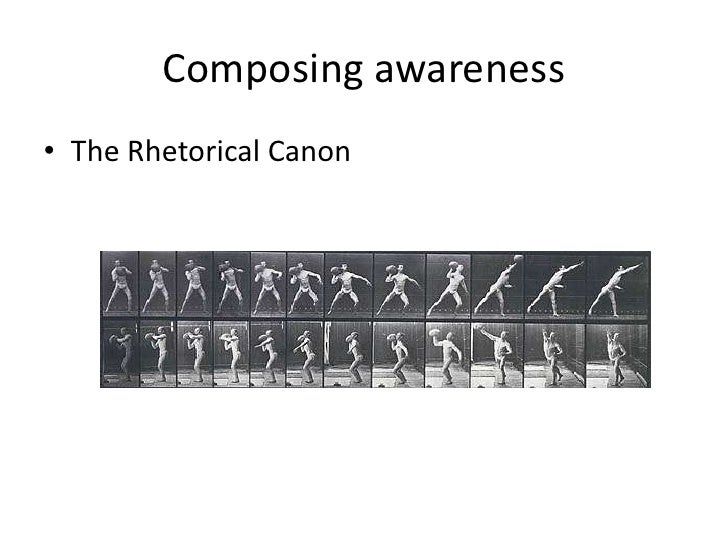hat always entails constitutive exclusions and there-fore requisite questions of accountability
This part about accountability, tying back to the talk of feminism reminds me of feminist writer, Diane Purkiss's "A Holocaust of one's own." She talks a bit about these exclusions in that males (particularly scholars who talk about women/witchcraft) are doing women an injustice and adding to the oppression because they're not talking about it enough or aren't outraged enough. Bob Gummer, 2nd generation Holocaust survivor, said something similar in a speech he gave at UMSL this week. During the Holocaust, those who remained quiet about the atrocities of the death camps, were doing a great disservice to humanity, even if not directly involved. Exclusion happens in language and writing in all kinds of ways that we don't normally think about.




 Many of the first textbooks on rhetoric showed pages and pages of diagrams like these ^, of ways to position every part of your body during each of the 5 steps. There are even pages that teach the proper way for women to stand (assumedly to watch the delivery).
Many of the first textbooks on rhetoric showed pages and pages of diagrams like these ^, of ways to position every part of your body during each of the 5 steps. There are even pages that teach the proper way for women to stand (assumedly to watch the delivery).
